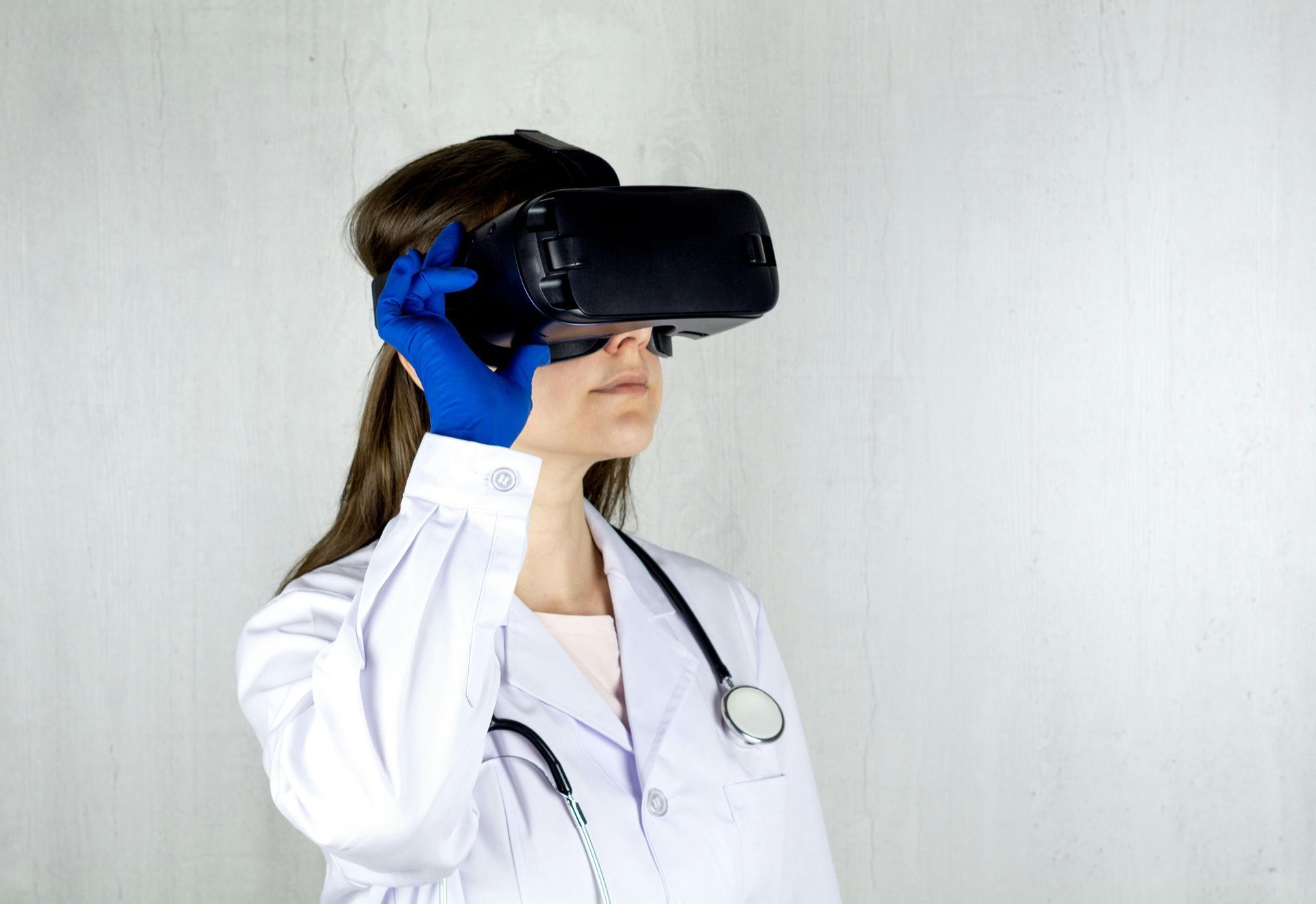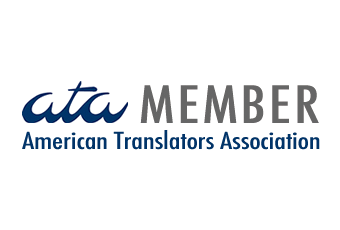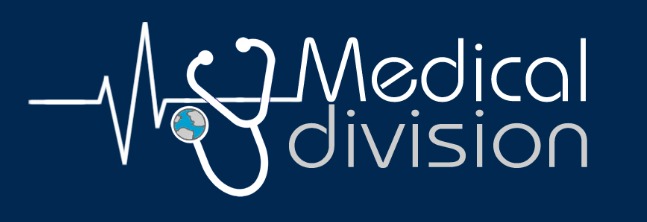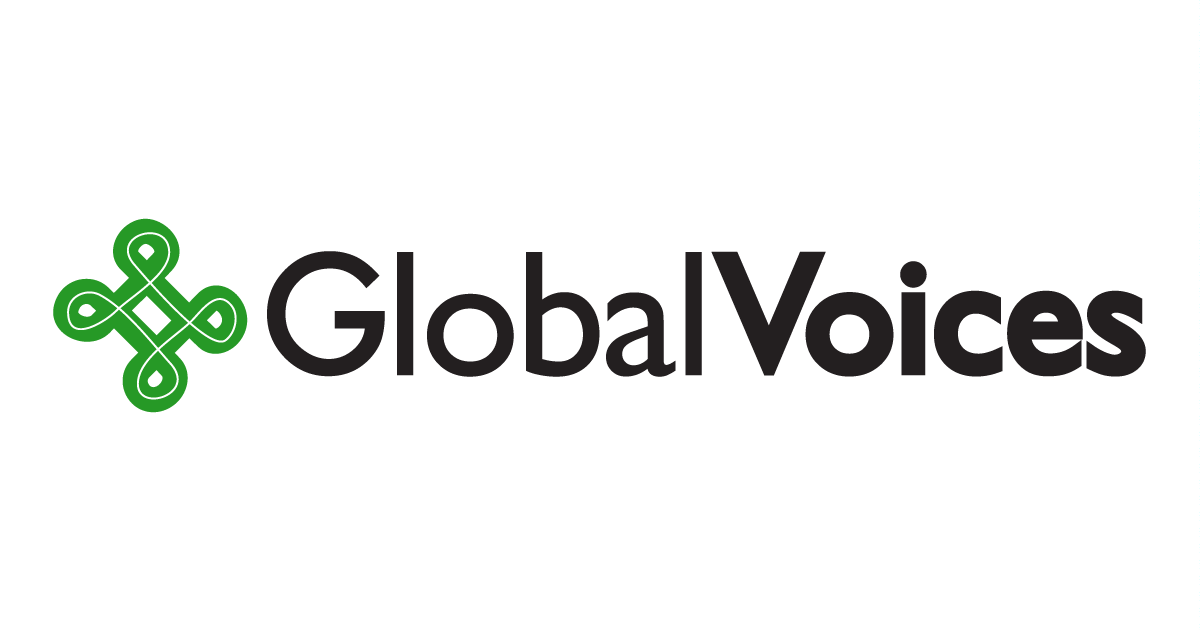5 Innovative HealthTech Companies Advancing Diagnostics
Digital diagnostics involve diagnostic services facilitated by digital technologies. These have transformed disease diagnosis by enhancing accuracy and enabling early treatment through the use of data analytics, algorithms, and remote monitoring.
The global digital diagnostics market was valued at $1.38 billion in 2023 and is projected to exceed $7.60 billion by 2033, growing at a compound annual growth rate (CAGR) of approximately 18.60% during this period. Key drivers of this growth include the increasing prevalence of chronic diseases, the importance of early diagnosis, and advancements in technology. The oncology segment is particularly significant, as it accounted for the largest share of the market due to rising cancer rates and the adoption of digital health platforms for cancer screening. Hospitals are the primary end-users of digital diagnostics, benefiting from advanced imaging technologies and AI integration that improve diagnostic processes. North America leads in market share, driven by investments in healthcare IT and high adoption rates of digital technologies, while the Asia-Pacific region is expected to experience the fastest growth due to rising healthcare expenditures and awareness of digital diagnostic benefits.
Overall, digital diagnostics enhance patient care by providing faster, more accurate diagnoses and improving access to healthcare services. Let's have a closer look at 5 HealthTech companies enhancing diagnosis:
Covera Health
Covera Health is a pioneering company focused on enhancing radiology through advanced AI-driven technologies. Their platform provides clinical-grade insights that improve diagnostic accuracy and patient outcomes by integrating quality metrics into radiological workflows. Recently, Covera Health secured $50 million in funding and acquired CoRead, an AI quality assurance company used by over 2,000 hospitals. This acquisition allows Covera to enhance its capabilities in performance measurement and quality improvement in radiology.
By leveraging AI, Covera aims to create a more efficient peer review process that scales effectively, addressing the challenges of ensuring consistent quality in radiological diagnoses.
This innovative approach not only optimizes the diagnostic process but also significantly reduces the risks associated with misdiagnosis, ultimately leading to better patient care across the healthcare ecosystem.
InVision Medical Technology
InVision Medical Technology is revolutionizing cardiac diagnostics through the integration of artificial intelligence (AI) in ultrasound interpretation. Their innovative technology streamlines the analysis of heart ultrasounds, significantly reducing the time required for diagnosis and decreasing variability in results that can lead to misdiagnosis.
InVision's AI models have been seamlessly integrated into clinical workflows, allowing clinicians to easily use these tools in practice. They are currently leading the first blinded randomized trial of AI technology in cardiology, with results presented at major conferences such as the European Society of Cardiology. Furthermore, InVision is working towards securing FDA clearance for its heart failure model and expanding its capabilities to screen for conditions like cardiac amyloidosis and aortic stenosis.
This advancement not only enhances diagnostic accuracy but also improves patient outcomes by facilitating earlier detection and treatment of heart disease, addressing a critical need in cardiovascular care.
Paige
Paige is a leader in digital pathology, specializing in AI-driven solutions to enhance cancer diagnostics across various tissue types. The company has developed an innovative application that leverages its Foundation Model, Virchow, to detect cancer from over 17 different tissue types, including skin, lung, and gastrointestinal cancers, as well as rare tumor types. This application uses a vast dataset of more than four million digitized slides, significantly improving the speed and accuracy of cancer detection compared to traditional methods.
Paige was the first company to receive FDA approval for an AI-enabled digital pathology diagnostic with its Paige Prostate tool, which demonstrated a 7.3% improvement in cancer detection rates while reducing false negatives by 70%. Additionally, Paige has expanded its offerings with specialized tools for breast cancer diagnosis, designed to assist pathologists in identifying metastatic cases and streamlining workflows.
By integrating advanced AI technology into pathology, Paige is not only enhancing diagnostic precision but also paving the way for personalized treatment strategies in oncology.
Aidoc
Aidoc is a leading provider of AI-driven medical imaging solutions that enhance diagnostic accuracy and expedite patient care. The company has developed advanced algorithms that analyze CT scans and other imaging modalities to detect critical conditions such as strokes, pulmonary embolisms, and intracranial hemorrhages in real-time.
Aidoc's technology integrates seamlessly into existing radiology workflows, allowing radiologists to prioritize life-threatening cases and improve turnaround times. Recently, Aidoc secured $30 million in funding to develop a comprehensive AI imaging model aimed at enhancing diagnostic precision and early detection of acute abnormalities. The company has received multiple FDA clearances for its algorithms, which are currently deployed in over 900 hospitals worldwide, significantly reducing emergency department wait times and hospitalization durations.
By leveraging AI, Aidoc streamlines the diagnostic process and supports healthcare teams in making informed decisions quickly.
Ilara Health
Ilara Health is a transformative health tech company based in Nairobi, Kenya, dedicated to enhancing diagnostic capabilities in underserved communities across Africa. By providing affordable, AI-powered diagnostic tools, Ilara Health empowers local healthcare providers to deliver accurate and timely disease detection in peri-urban and rural clinics.
Their innovative platform offers a range of diagnostic services, including blood tests and imaging solutions, which are crucial for managing prevalent conditions such as malaria, HIV, and diabetes. Recently, Ilara Health has expanded its partnerships with various healthcare institutions to increase the accessibility of its services, aiming to reach over 10 million patients by 2025.
By bridging the gap in healthcare access and improving diagnostic accuracy, Ilara Health is significantly contributing to better health outcomes and fostering a more resilient healthcare system across the African continent.
What is the future of digital diagnostics?
The future of digital diagnostics is set for transformative growth, driven by advancements in technology such as artificial intelligence (AI), biosensors, and next-generation sequencing. These innovations are expected to enhance diagnostic accuracy, reduce turnaround times, and enable personalized medicine, ultimately benefiting communities worldwide.
For instance, AI algorithms can analyze vast datasets to identify patterns that may be overlooked by human analysts, improving early disease detection and facilitating timely interventions. As healthcare systems increasingly adopt digital diagnostics, they will also address challenges such as staff shortages and inequitable access to care, particularly in underserved regions.
Furthermore, the integration of remote monitoring and telemedicine will expand access to essential diagnostic services, ensuring that patients receive timely care regardless of their geographical location. Digital diagnostics will enhance individual health outcomes while also promoting the overall efficiency and sustainability of global health systems through the development of a more predictive and preventative healthcare model.
Ready to expand your digital health solution into French-speaking markets?
Discover how my Digital Health Translations into French services can help you reach new audiences, enhance user experience, and ensure regulatory compliance.
Share








